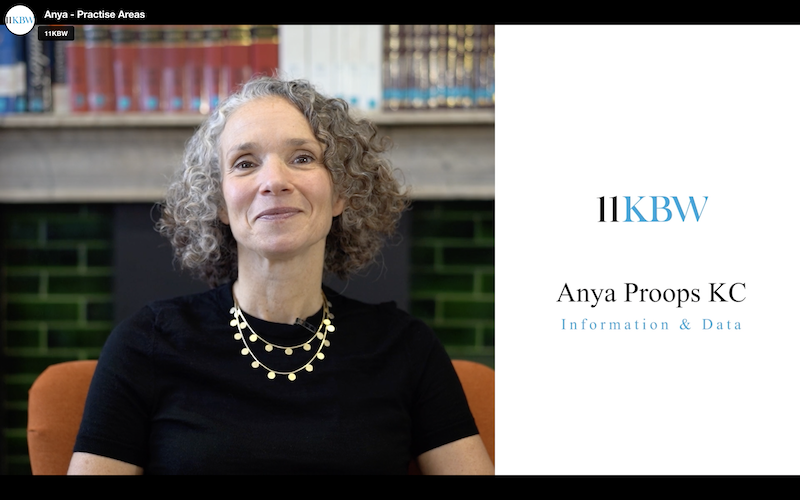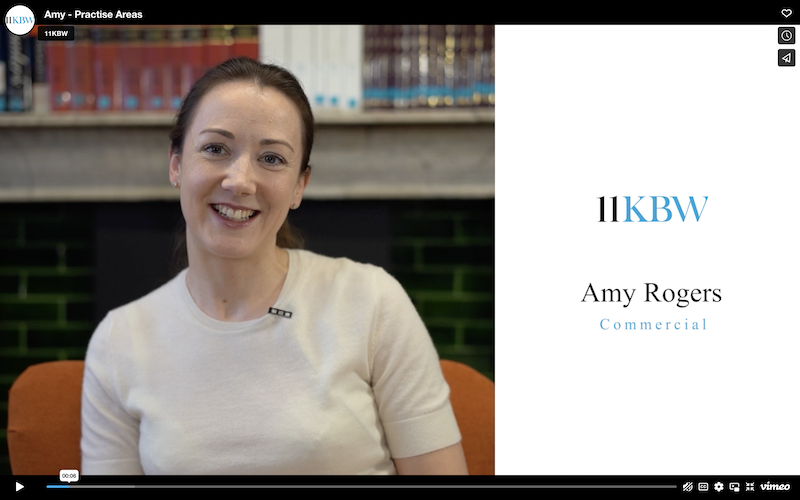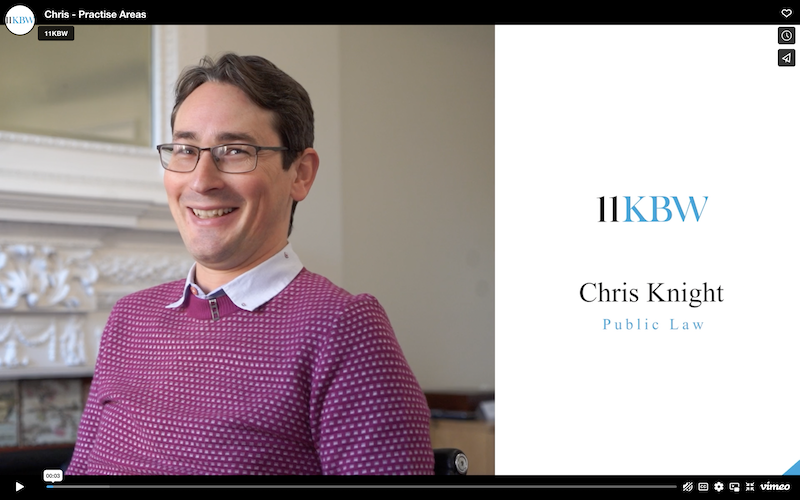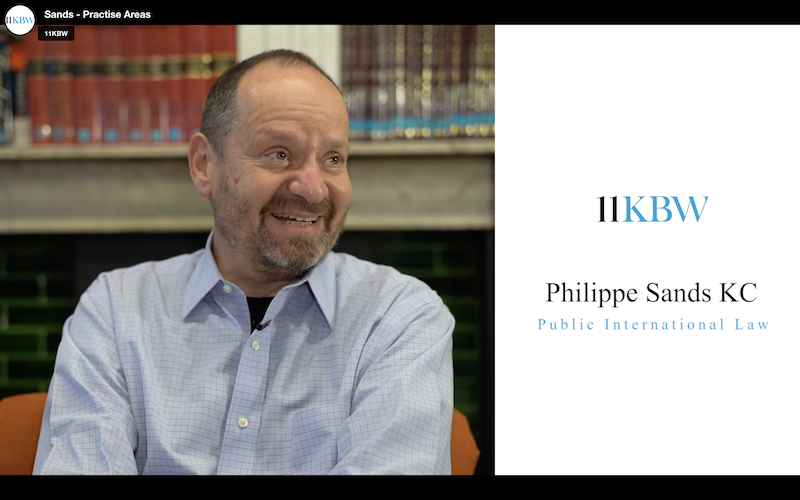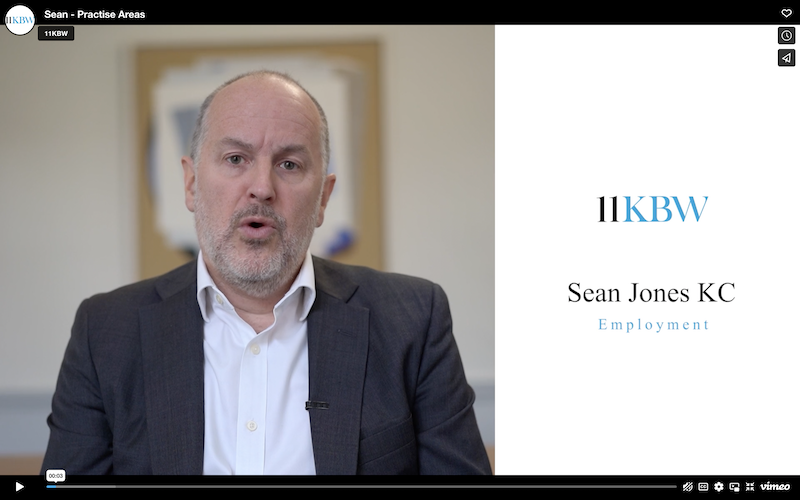Raphael Hogarth (Pupil, 2020-21)
“I applied to 11KBW because I thought the work sounded interesting. Pupillage quickly provided emphatic confirmation that it is. The year is like an extended album of Chambers’ greatest hits, with the bonus that you get to play on each track. If a member of Chambers is doing a particularly important, high-profile or interesting case, then there is a good chance that you will be asked to do some work on it.
In my pupillage, I had the chance to work on judicial reviews of the Covid-19 self-isolation rules and the appointment of Dido Harding to NHS Test and Trace, a challenge to the Government’s care homes discharge policy during the first wave of the pandemic, a Privy Council case on gay marriage in Bermuda, an employment tribunal dispute between the former home secretary and the Home Office’s top civil servant, and a Supreme Court appeal on overtime pay. I could not have asked for a more stimulating introduction to Chambers’ practice areas.
Most of my work in pupillage was ‘formally assessed’. This means that it was double-marked against a set of assessment criteria, and I knew that it would form part of the evidence base on which Chambers ultimately made its tenancy decision. The experience, though, was not very formal at all. There were no artificial time limits, and I asked for more time on several pieces of work that I found difficult. My supervisors also made it clear that it was fine to seek guidance if I got stuck, which I frequently did.
Pupils get a lot of feedback. After each piece of assessed work, the pupil sits down with two members of Chambers to discuss it. When I did my first piece of assessed work for my first supervisor, she spent over two hours going through it with me, offering detailed thoughts on how particular sentences and paragraphs might have been crafted differently.
I often think back to her comments in that session, and others, when confronting tricky questions in my own practice now. I have a good jury point, but will I lose the judge’s trust if I make it? Do I deal with this difficult authority upfront or relegate it to a footnote? Will I undermine my primary defence by putting a different one in the alternative? How high should I put a point that my client assures me is rock-solid, but where I doubt the key witness’s account? Practice is a series of thousands of tiny judgements like these, and feedback sessions provide great opportunities to mine members’ experience and intuitions on them.
The process was refreshingly transparent. Because you get oral feedback on every piece of work, you always know how you’re doing. That structured approach to assessment also put me at my ease when getting to know members of Chambers in the corridors, at lunch or over coffee. I always knew that I was being assessed on the quality of my work, and not on the quality of my chatter on the way to Pret. Happily, there was plenty of that, and I got to know members across Chambers in my pupillage year. Those experiences showed me that, in addition to being a hugely stimulating environment, Chambers is a nice workplace, full of nice people.”

